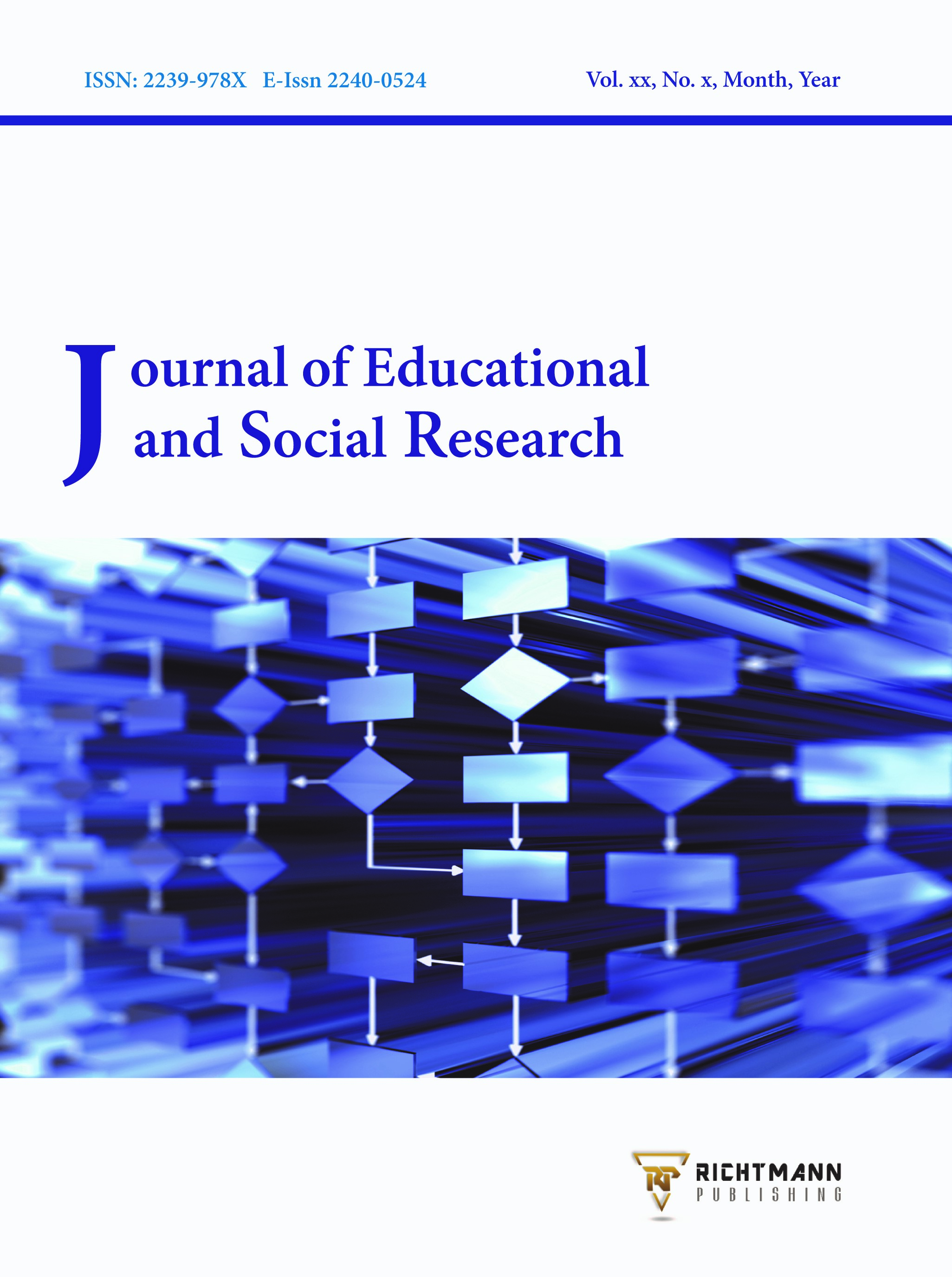Implementation of Blended Learning to Improve Motivation and Learning Outcomes of Pre-Service Early Childhood Teachers
DOI:
https://doi.org/10.36941/jesr-2022-0139Keywords:
Blended learning, Learning motivation, Learning outcomesAbstract
In pre-service early childhood teachers, learning motivation is important to understand the theory and special learning planning for early childhood, which is incidentally different from primary or secondary education. The motivation to learn certainly influences learning outcomes later. Therefore, this study’s objective is to analyze the effectiveness of blended learning on pre-service early childhood teachers' motivation and learning outcomes. A quasi-experimental design with a non-equivalent control group design and a sample of 90 students were used. The results showed that blended learning could significantly increase students' learning motivation than conventional learning. Blended learning is also effective for improving pre-service early childhood teachers' learning outcomes compared to fully online learning. The flexibility offered in blended learning is the main advantage that can be considered. The research implies that blended learning can be implemented as an appropriate learning model during the Covid-19 pandemic or when learning is entirely offline.
Received: 19 June 2022 / Accepted: 30 August 2022 / Published: 2 September 2022
Downloads
Downloads
Published
Issue
Section
License

This work is licensed under a Creative Commons Attribution-NonCommercial 4.0 International License.
This work is licensed under a Creative Commons Attribution-NonCommercial 4.0 International License.









